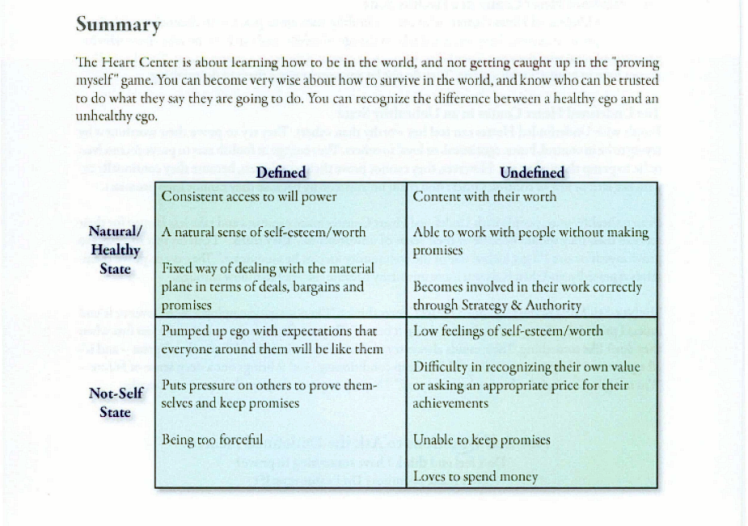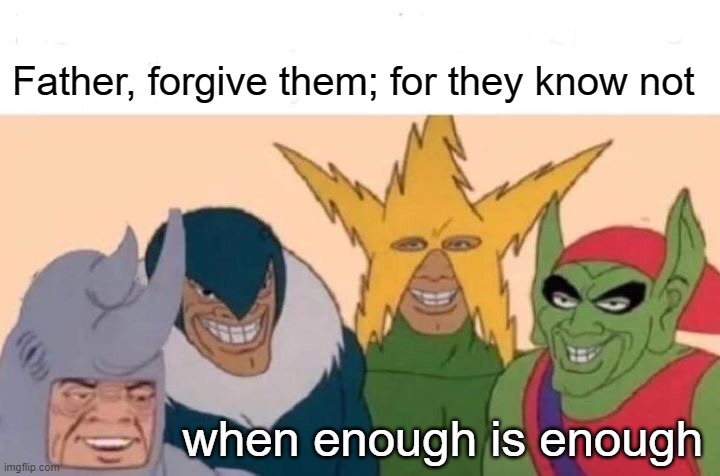D.A.R.V.O.
Deny, attack, and reverse victim and offender (DARVO) is a tactic a person may use to deflect responsibility onto an individual they have abused. DARVO (an acronym for “deny, attack, and reverse victim & offender”) is a reaction that perpetrators of wrongdoing, may display in response to being held accountable for their behavior. Some researchers indicate that it is a common manipulation strategy of psychological abusers.
Process
As the acronym suggests, the common steps involved are:
1. The abuser denies the abuse ever took place
2. When confronted with evidence, the abuser then attacks the person that was/is being abused (and/or the person’s family and/or friends) for attempting to hold the abuser accountable for their actions, and finally
3. The abuser claims that they were/are actually the victim in the situation, thus reversing the positions of victim and offender. It often involves not just playing the victim but also victim blaming.
Origins
The acronym and the analysis it is based on are the work of the psychologist Jennifer Freyd, who wrote about it in 1997. The first stage of DARVO, denial, involves gaslighting. Freyd writes:
“… I have observed that actual abusers threaten, bully and make a nightmare for anyone who holds them accountable or asks them to change their abusive behavior. This attack, intended to chill and terrify, typically includes threats of law suits, overt and covert attacks on the whistle-blower’s credibility, and so on. The attack will often take the form of focusing on ridiculing the person who attempts to hold the offender accountable. […] The offender rapidly creates the impression that the abuser is the wronged one, while the victim or concerned observer is the offender. Figure and ground are completely reversed. […] The offender is on the offense and the person attempting to hold the offender accountable is put on the defense.“
Usage and effectiveness
Freyd stated that DARVO is frequently used and effective, although the number of people who are inclined to believe a DARVO response decreases once they understand the tactic. However, the examination and determination of who is using DARVO proves to be difficult until the abuser and the victim in a case are clearly established. An example of the difficulty was seen in the Depp v. Heard case.


